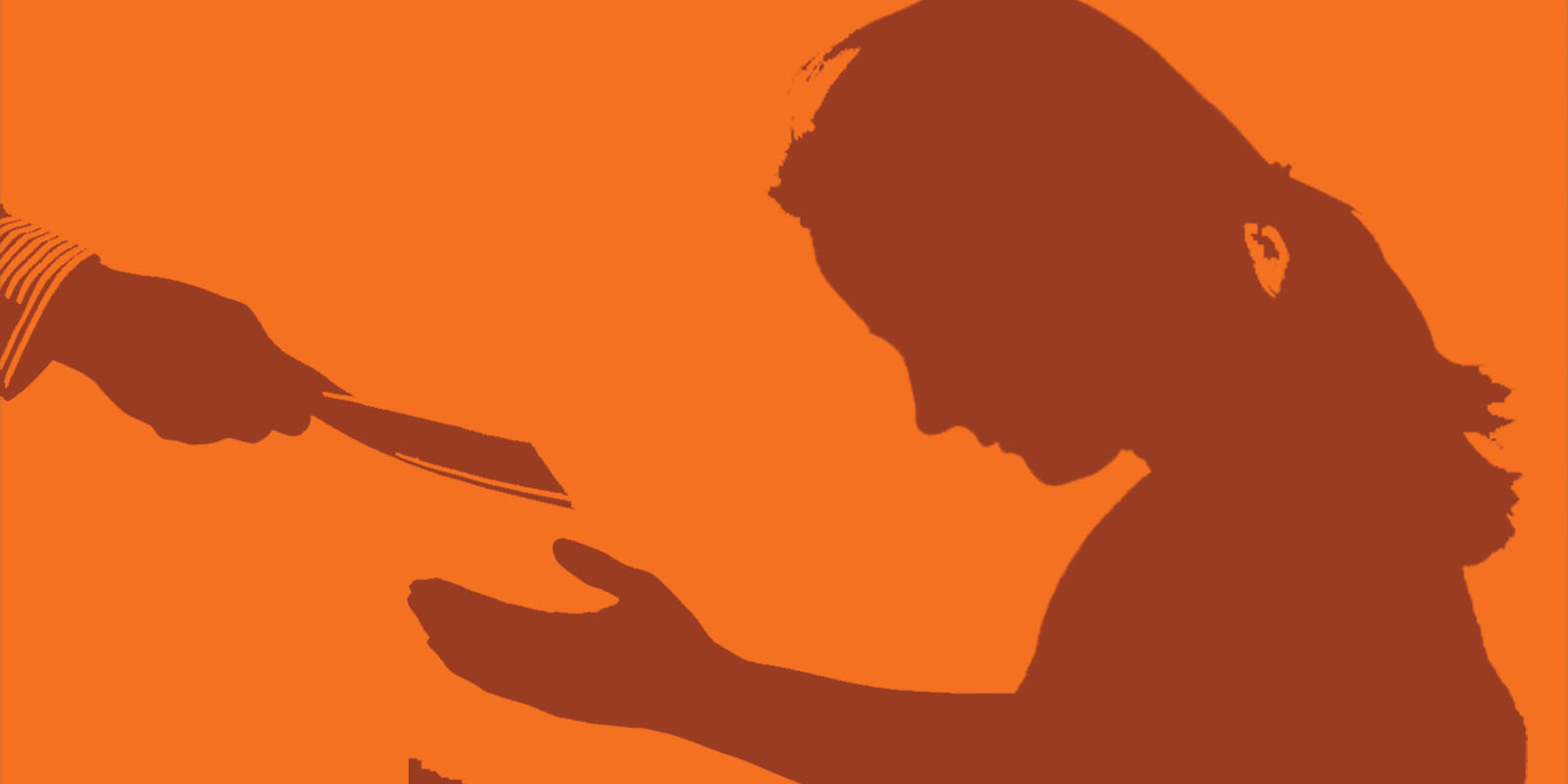Financial abuse is a form of manipulation where an individual uses money as a weapon to exert control over another person. It is a devastating form of abuse that can have long-lasting effects on the victim’s emotional, psychological, and financial well-being. In this article, we will explore the signs and manifestations of financial abuse, the different ways it can occur, and the impact it has on victims.
Understanding Financial Abuse
Financial abuse can take various forms, from withholding or hiding money to controlling how and when the victim spends their money. It can occur in both personal and professional relationships, with the abuser exerting control over the victim’s finances to manipulate and dominate them.
One of the most alarming aspects of financial abuse is how covertly it can be carried out. While some abusers control all the money in the relationship, others may keep irregular employment or lie about their efforts to find work. They may even steal from their partner or children, creating a sense of financial instability and dependence.
Financial abuse is not limited to any particular socioeconomic group. It can happen in families considered to be in the higher income bracket, where individuals may appear to have a comfortable lifestyle but are struggling to make ends meet. The abuser uses money to create a facade of wealth while keeping the family in a constant state of financial stress and indebtedness.
The Devastating Impact on Victims
Financial abuse goes beyond controlling someone’s finances. It is a tool used to degrade and dehumanize the victim, taking away their agency and independence. The abuser manipulates the victim’s reality and makes them feel guilty for wanting their basic needs met.
Victims of financial abuse often find themselves in situations where they are denied access to joint bank accounts or have to ask for free lunches for their children, despite living in affluent neighborhoods. The abuser prioritizes their own desires while disregarding the well-being and needs of their partner and family.
The cruelty of financial abuse knows no bounds. Some abusers go to extreme lengths, draining their partner’s bank account or refusing to provide necessary funds for medical emergencies. They may spend money on themselves while denying their partner even the most basic necessities, such as feminine hygiene products or a new pair of pajamas.
The Intersection of Financial and Emotional Abuse
Financial abuse often occurs alongside emotional and psychological abuse. The abuser degrades and devalues the victim, maintaining control over their everyday decisions and eroding their self-esteem. By controlling their finances, the abuser keeps the victim on the edge, constantly dependent and fearful.
The financial control exerted by the abuser is a way of brainwashing the victim, as it becomes a lever for manipulating their thoughts and behaviors. The abuser gaslights the victim, making them question their own reality and making it difficult for them to seek help or escape the abusive relationship.
Signs of Financial Abuse

Identifying financial abuse can be challenging, as it often starts gradually and becomes more apparent over time. However, there are some signs to look out for:
-
Control over finances: The abuser controls all aspects of the victim’s finances, including income, expenses, and access to bank accounts.
-
Unexplained debt: The victim may find themselves in significant debt without understanding how it occurred.
-
Financial secrecy: The abuser hides financial information from the victim, leaving them unaware of their true financial situation.
-
Lack of financial autonomy: The victim is not allowed to make financial decisions or has to ask for permission to spend money.
-
Forced economic dependence: The abuser ensures the victim’s financial dependence by preventing them from working or pursuing their own income.
It is crucial to remember that financial abuse can happen to anyone, regardless of gender or socioeconomic status.
Stories of Strength and Resilience
While financial abuse is a deeply traumatic experience, survivors often find inner strength and resilience through their journey. They learn to celebrate small victories and trust themselves to persevere. Paying bills or meeting their daily needs becomes a triumph, and they become more hopeful in the face of adversity.
Survivors of financial abuse also learn to appreciate the small moments of joy and gratitude. They shift their focus from the overwhelming picture to acknowledging the positive aspects of their lives. Through their experiences, they realize their true strength and learn that they can overcome tremendous challenges.
Breaking Free from Financial Abuse

Breaking free from financial abuse is a difficult and complex process. It requires support from trusted individuals, such as friends, family, or professionals who can provide guidance and resources. Creating a safety plan, which may involve securing financial independence and seeking legal assistance, is crucial for survivors to regain control over their lives.
Recognizing that financial abuse is happening and acknowledging the need for help is the first step towards liberation. Survivors must understand that they deserve a life free from manipulation and control. By seeking support and taking the necessary steps to break free, survivors can reclaim their financial autonomy and rebuild their lives.
Financial abuse is a grave violation of trust and fundamental human rights. By raising awareness, supporting survivors, and advocating for change, we can work towards creating a society that promotes equality, respect, and financial independence.
If you or someone you know is experiencing financial abuse, please reach out to a local helpline or support organization for assistance.

